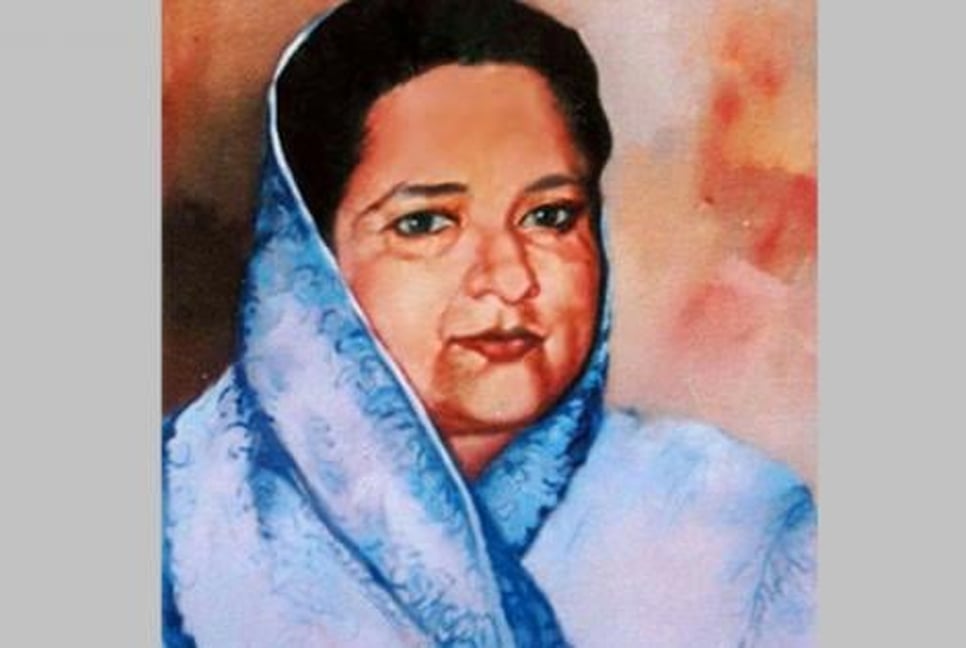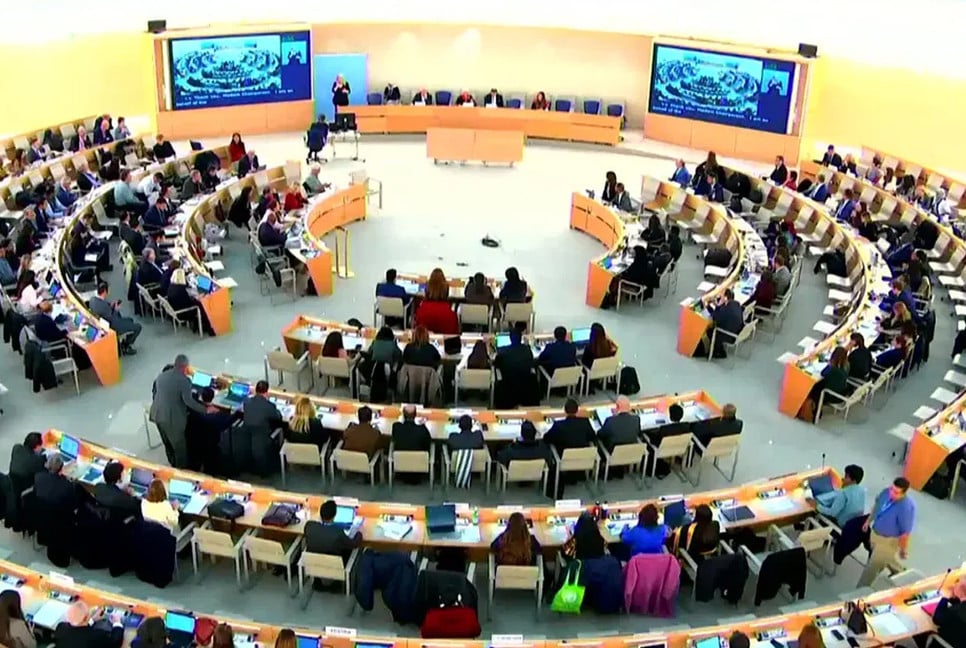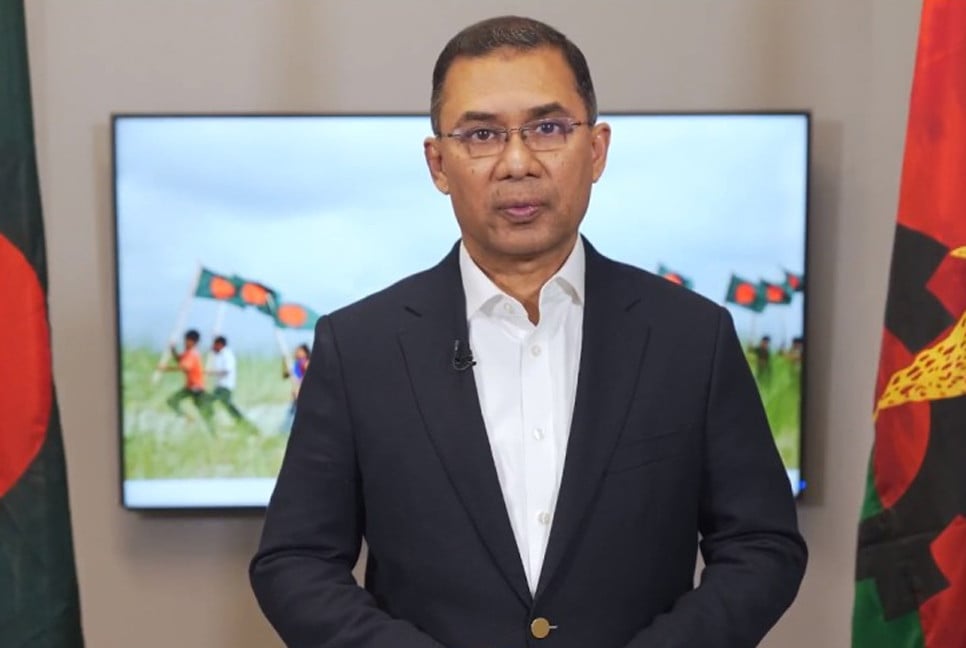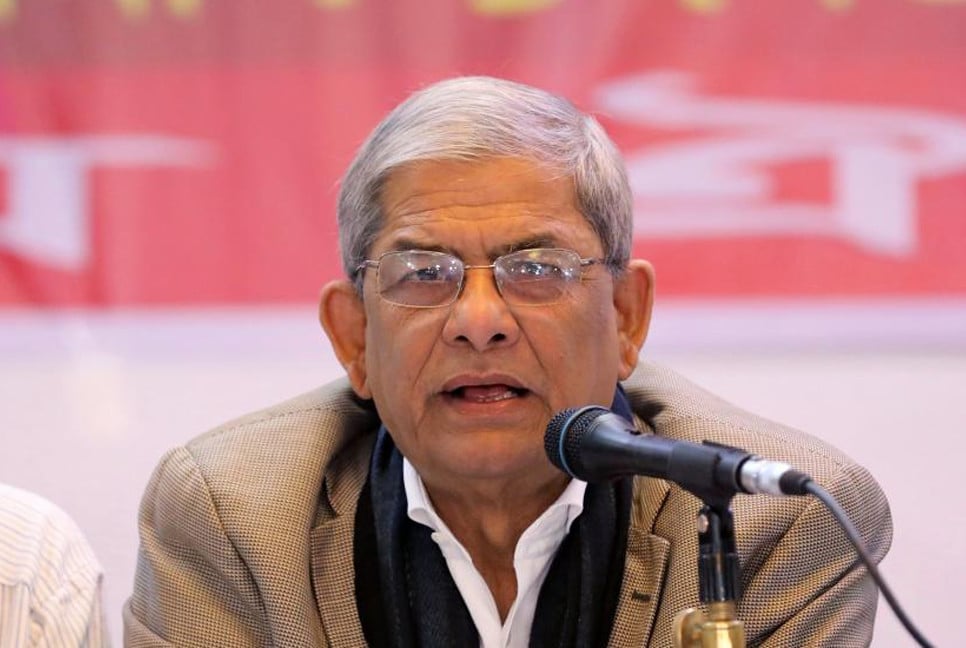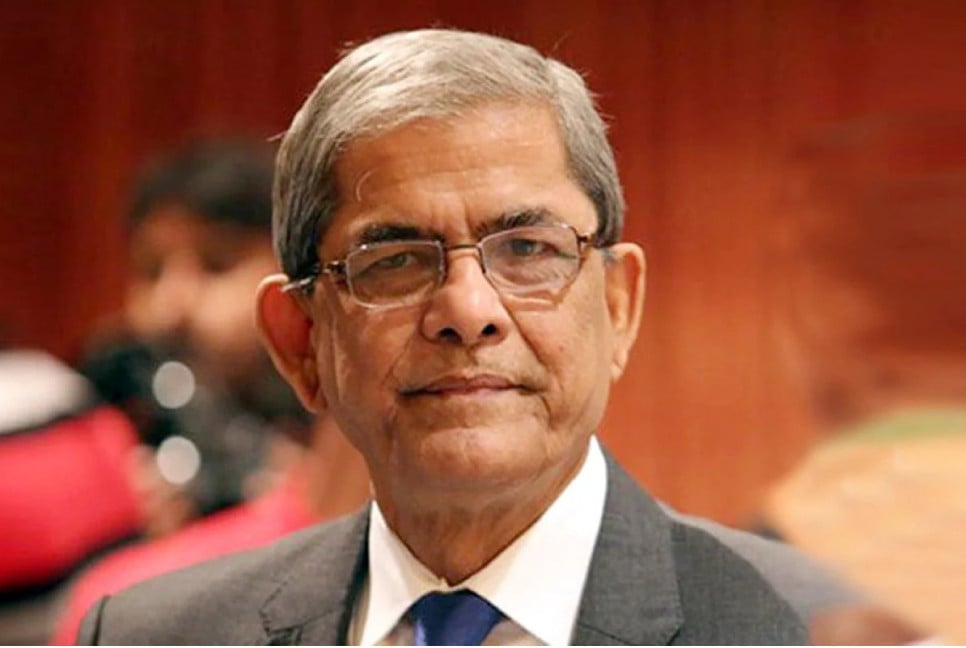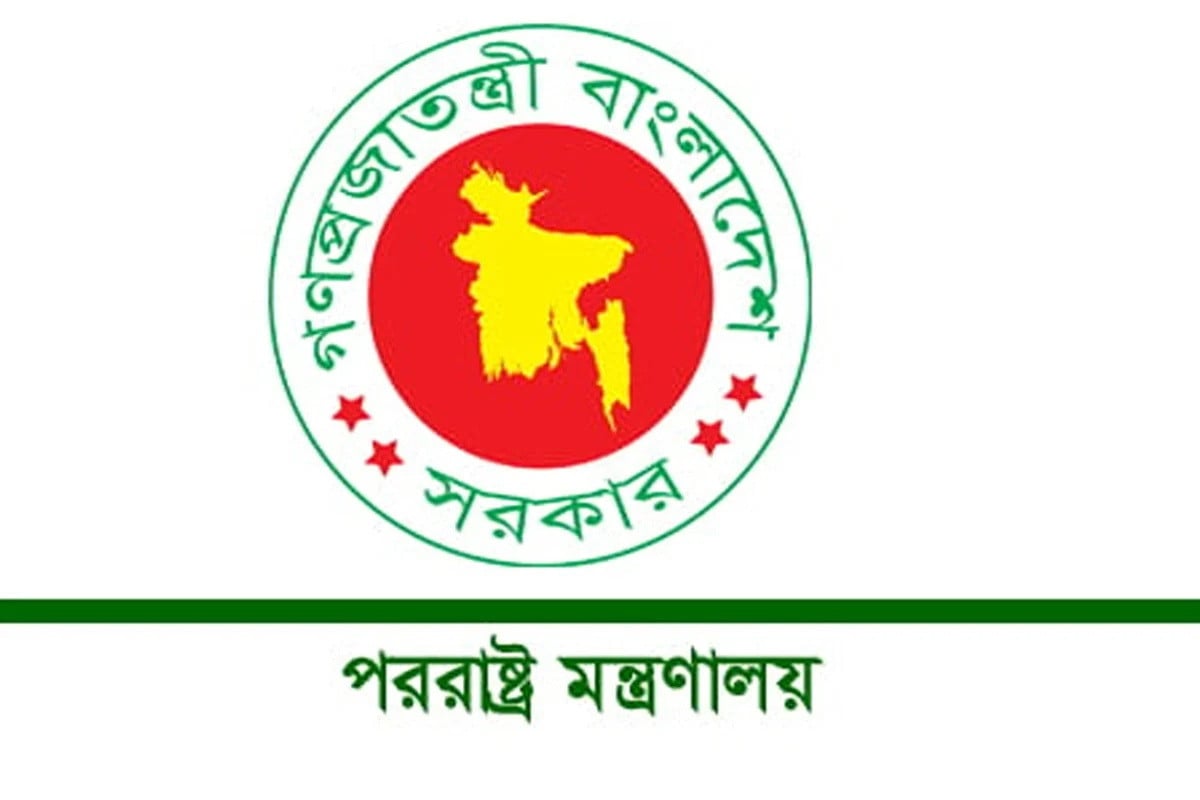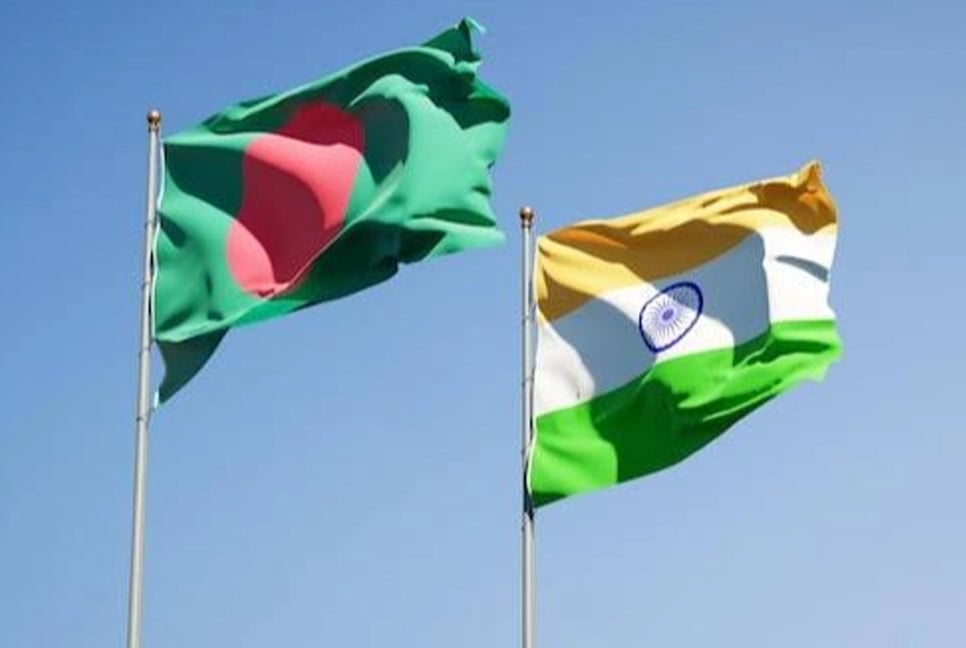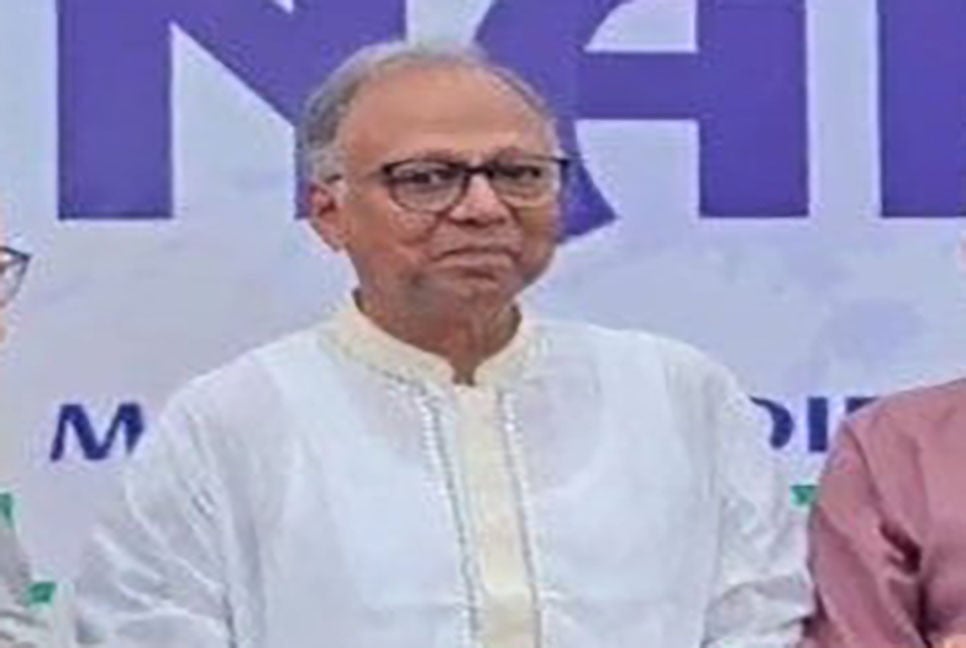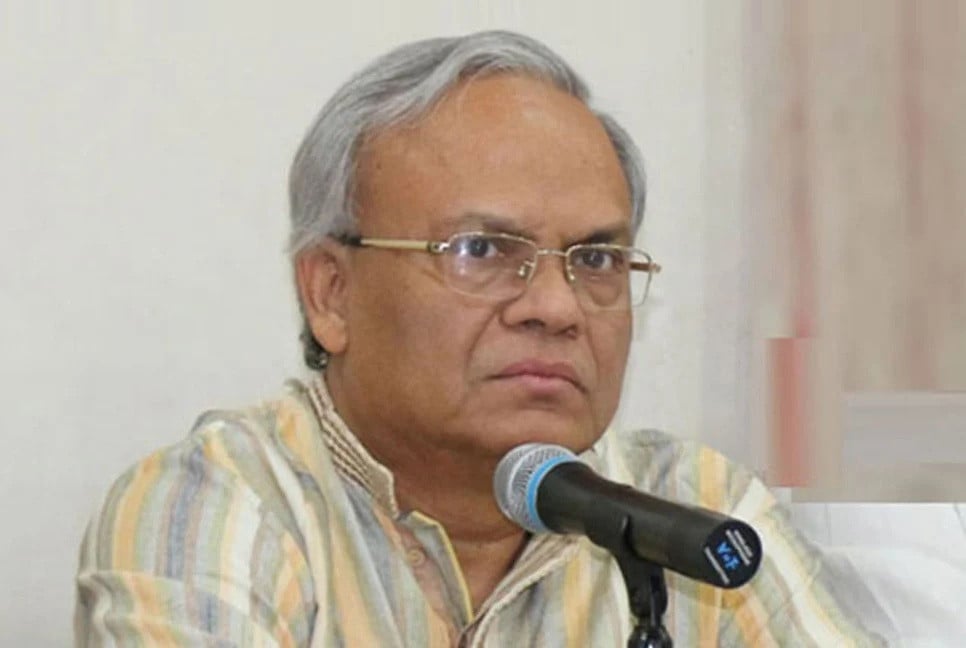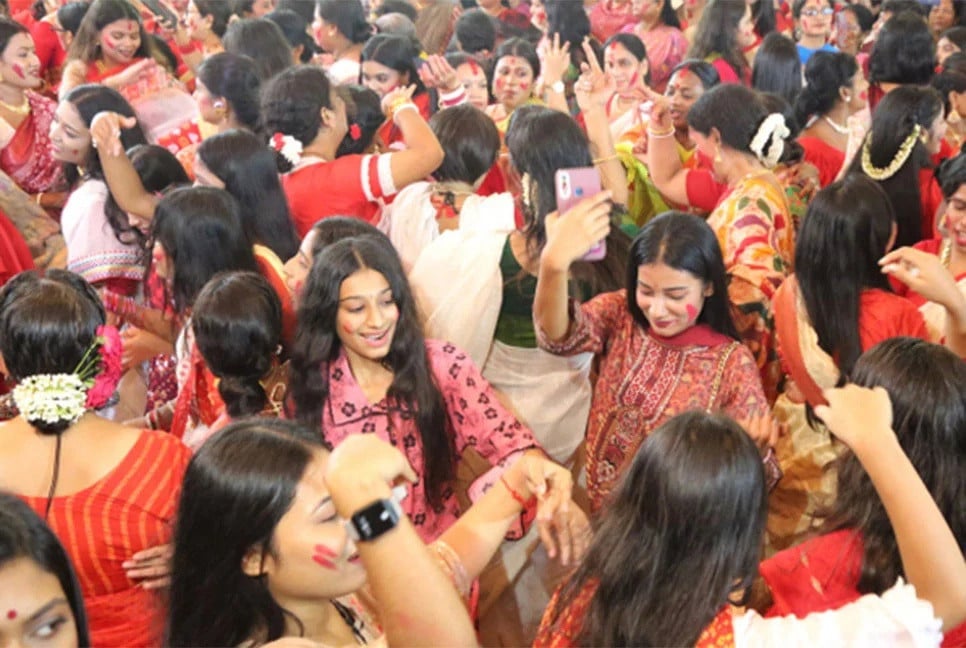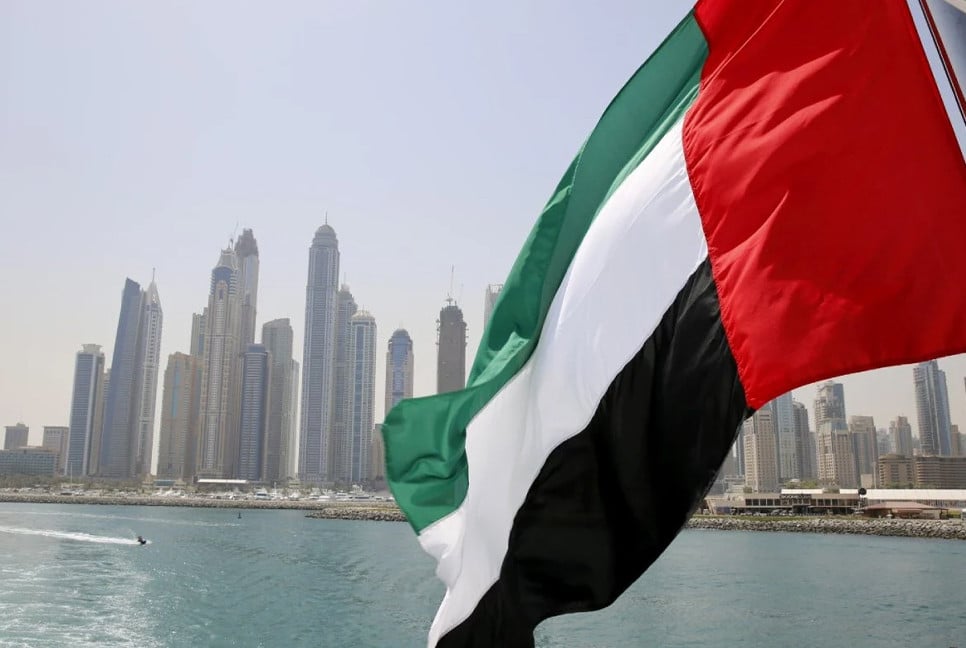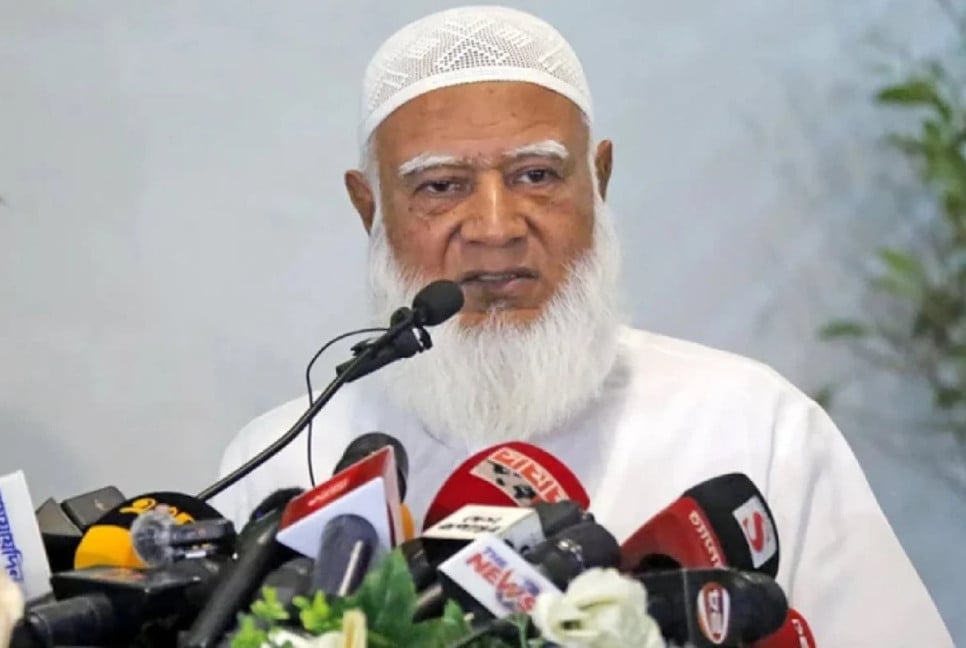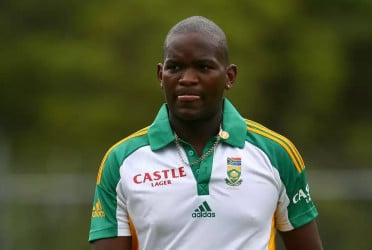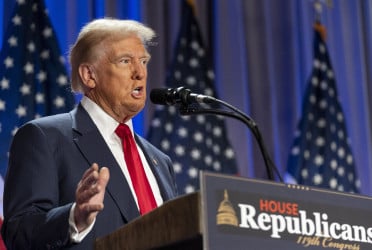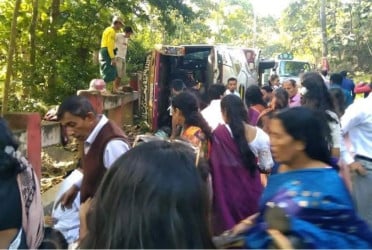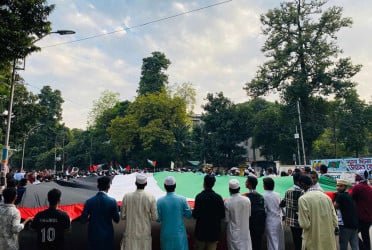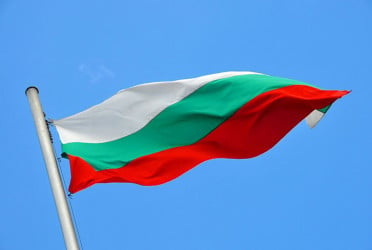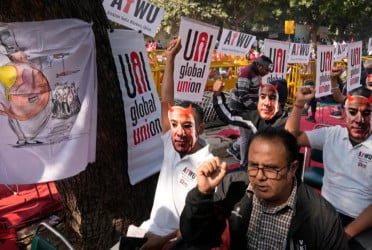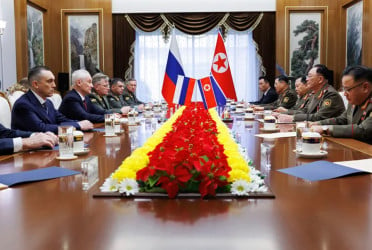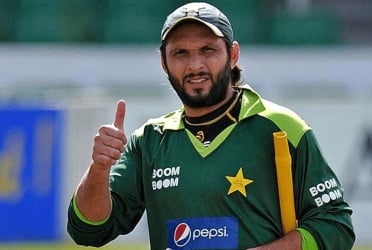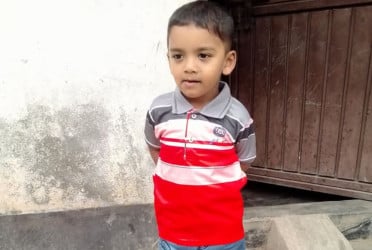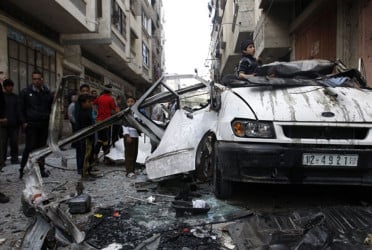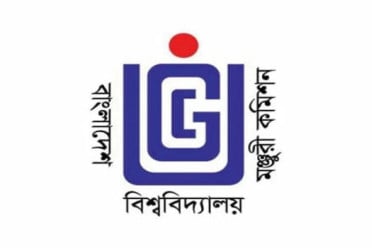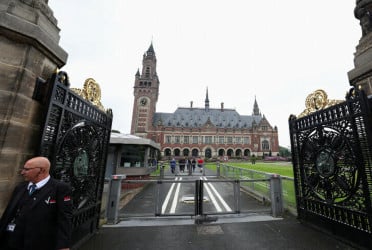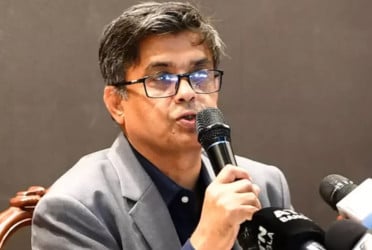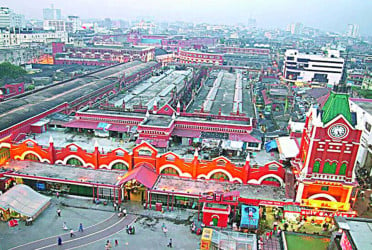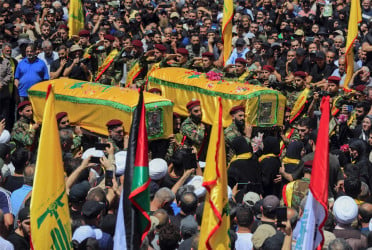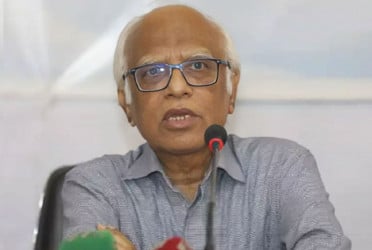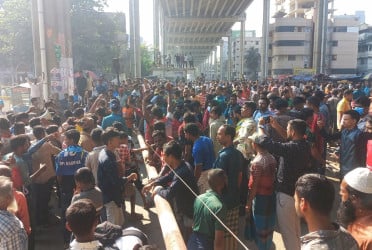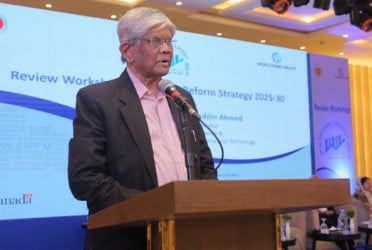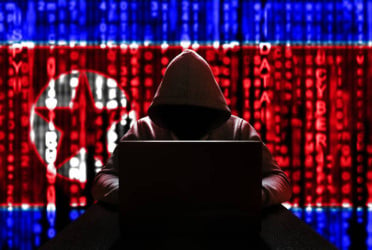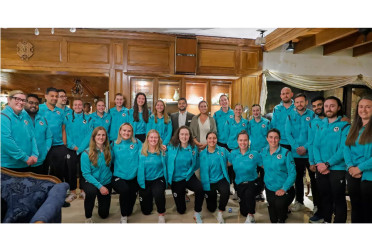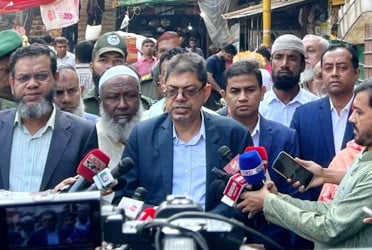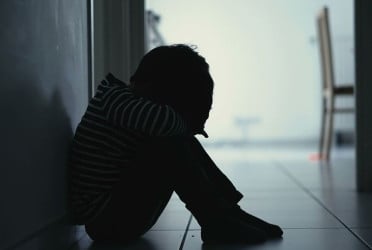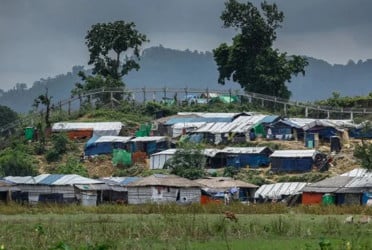The 93rd birth anniversary of Bangamata Sheikh Fazilatunnesa Mujib, wife of Father of the Nation Bangabandhu Sheikh Mujibur Rahman, will be observed on Tuesday in a befitting manner across the country, reports BSS.
Bangamata, also known by her nickname Renu, was born on August 8 in 1930 at Tungipara village in Gopalganj. She was a paternal cousin of her husband Sheikh Mujibur Rahman.
Renu was only 8 years old when she was married to Sheikh Mujibur Rahman who himself was just 18, in 1938.
Bangabandhu wrote in his autobiography “The Unfinished Memoirs” that Renu's mother died when she was five. Only her grandfather remained. He, too died when Renu was just seven years old. Then, she grew up with Bangabandhu's siblings.
When Bangabandhu was just 13, he was betrothed to her. After Renu's father died, her grandfather called Bangabandhu's father and said, "I have to marry off one of my granddaughters to your eldest son because I will leave all my property to them." Renu's grandfather was Bangabandhu's paternal uncle.
Bangabandhu wrote when their marriage was fixed, he was a teenager. "I heard I got married. I did not understand anything then. "
Their wedding took place in 1938. Their family life started after Bangabandhu passed the entrance exam in 1942. That year he got admitted to Islamia College, Kolkata. His political career began there.
She was killed brutally along with Father of the Nation Bangabandhu Sheikh Mujibur Rahman and most of his family members on the fateful night of August 15 in 1975.
Fazilatunnesa Mujib was under house arrest during Bangladesh Liberation War until December 17, 1971.
Sheikh Fazilatunnesa was born to the Bengali Muslim Sheikh family in the village of Tungipara, Gopalganj.
Her father’s name is Sheikh Zahurul Haque and her mother’s name is Sheikh Husne Ara Begum.
She was of Iraqi Arab ancestry on both sides of the family, her paternal grandfather Kashem Sheikh, was the grandson of Sheikh Ekramullah, who was in turn descended from Sheikh Awwal Darwish of Baghdad, a dervish who had come to preach Islam in Bengal during the time of the later Mughal era of Bengal.
Her father, Sheikh Zahurul Haque, and mother, Husne Ara Begum, died when she was three years old.
Marking the birth anniversary of Sheikh Fazilatunnesa, Awami League (AL) and its associate bodies will take programmes to pay respect to her memory. Wreaths will be placed at her grave in the city’s Banani area tomorrow.
Last year in an award-giving ceremony, Prime Minister Sheikh Hasina sketched Bangmata's key-shadow role in the protracted independence struggle particularly in major turning points like the six-point demand, Bangabandhu's release issue and his March 7 speech.
Sheikh Hasina said Bangladesh's emergence would have been impossible unless Bangamata would have taken a bold step against the proposed inclusion of two more points to the Six-Point Demand while Bangabandhu was in Pakistani military captivity during the Agartala conspiracy case.
The premier said several Awami League leaders were willing to accept Bangabandhu's release on parole while the trial of the case was underway, an idea that was strongly opposed by Bangamata who wanted his unconditional release.
Sheikh Hasina said if Bangabandhu would have come out accepting parole conditions, no fierce mass movement would have sparked forcing the then Pakistani junta to abandon the case, freeing the accused.
Bangamata feared in that situation all the accused would have been hanged on high treason charges, if not killed in captivity like their co-accused Sergeant Zahirul Haque during the trial.
If Bangabandhu got released on parole, Bangladesh would have never witnessed its independence, the premier said.
While talking to BSS earlier noted academician and former Vice-Chancellor of Dhaka University Professor Dr AAMS Arefin Siddique said Bangamata had played a very crucial role in heartening Bangabandhu to pen the drafts of three invaluable autobiographic books which would always remain a precious asset in history of Bangladesh.
"We talked about Bangabandhu at different times. His speeches and statements have been preserved in different ways. But expressing his own memories in his own words is a rare one and it had been possible because of Bangamata," he said.
Prof Arefin, also a noted communication expert, said Bangabandhu in his own reminiscence in the ‘Unfinished Memoirs’ also mentioned how Bangamata inspired him to write the books.
He said after the independence, Bangamata had taken the initiative for the first time to rehabilitate the Biranganas (war heroines), the women who were brutally tortured and repressed by Pakistani occupational forces and their local collaborators during the Liberation War.
Under the leadership of Begum Mujib, the work of rehabilitating the repressed women began at Bangabandhu’s Dhanmondi 32 residence for the first time, he mentioned.
She gathered some distinguished women of society and held meetings at Dhanmondi 32 residence to decide how to cooperate with the government and extend support to Bangabandhu in rehabilitating the group of women, he said.
Bd-pratidin English/Tanvir Raihan

